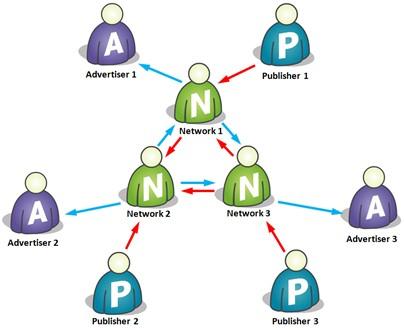Mobile app developers use paid advertising campaigns to acquire new users, and they need to know the campaigns' performance to guide their spending. Determining the campaign that led to an install requires that the app and advertising network share an identifier that allows matching ad clicks to installs. Ad networks use the identifier to build user profiles that help with targeting and personalization. Modern mobile operating systems have features to protect the privacy of the user. The privacy features of Apple's iOS 14 enforces all apps to get system permission for tracking explicitly instead of asking the user to opt-out of tracking as before. If the user does not allow tracking, the identifier for advertisers (IDFA) required for attributing the installation to the campaign is not shared. The lack of an identifier for the attribution changes profoundly how user acquisition campaigns' performance is measured. For users who do not allow tracking, there is a new feature that still allows following campaign performance. The app can set an integer, so called conversion value for each user, and the developer can get the number of installs per conversion value for each campaign. This paper investigates the task of distributing revenue to advertising campaigns using the conversion values. Our contributions are to formalize the problem, find the theoretically optimal revenue attribution function for any conversion value schema, and show empirical results on past data of a free-to-play mobile game using different conversion value schemas.
翻译:移动应用程序开发者使用付费的广告运动来获取新用户,他们需要了解运动的运行情况以指导其支出。 确定导致安装的运动要求应用程序和广告网络共享一个识别器,以便匹配点击安装。 广告网络使用识别器来构建用户配置有助于目标设定和个人化的特征, 现代移动操作系统有保护用户隐私的特征。 苹果的 iOS 14 的隐私特征强制所有应用程序都获得系统跟踪许可, 而不是像以前那样要求用户选择退出跟踪。 如果用户不允许跟踪, 用于将安装归属于运动的广告商识别符( IDFA) 将无法共享。 缺乏属性识别符会深刻改变用户获取运动的绩效。 对于不允许跟踪的用户来说, 仍然有一个新的特征可以保护活动绩效。 应用程序可以设置一个整齐, 因此要求每个用户的转换值, 开发者可以得到每次运动安装每个转换值的次数 。 如果用户不允许跟踪, 将安装该选项无法共享将安装到使用转换值的广告运动所需的标识符号 。 缺乏识别器, 如何分配收入用于转换运动的标识符号 。 对于用户获取任何移动变换值, 我们的日历的游戏的定位函数功能功能将显示任何变换值, 。




